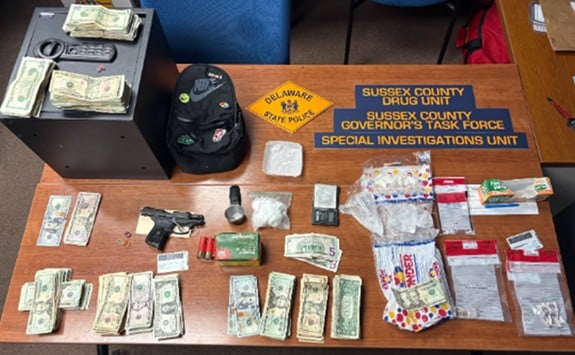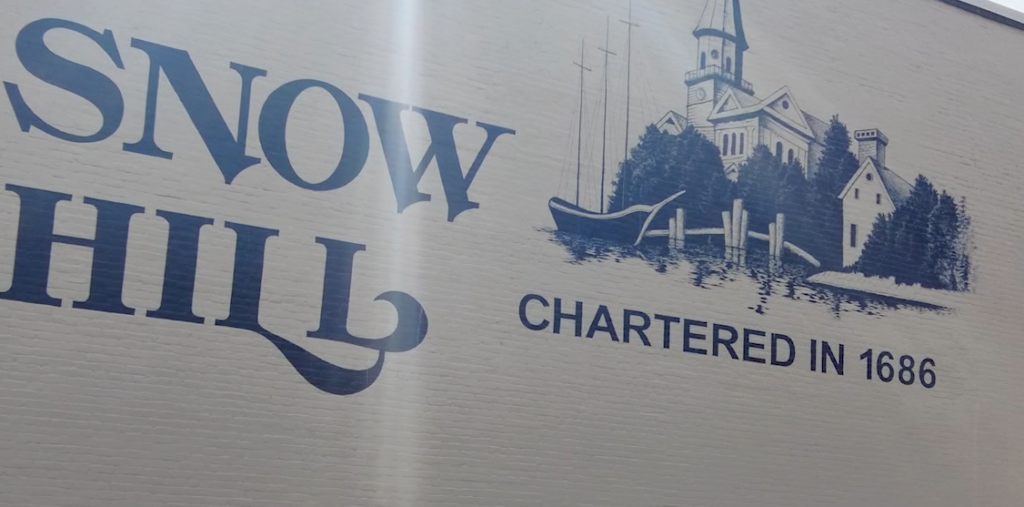Black History Month: Genealogy helping uncover family history, often challenging for blacks
DELMARVA – “It’s like the elder who experiences enslavement passes it on to the child who survives reconstruction. That person passes it to the child who survives Jim Crow and then to the child who’s the first in their family to do whatever that is and so forth,’ Sewell-Smith said.
One in three black adults have used multiple methods to research their family history, that’s according to the Pew Research Center.
Nicka Sewell-Smith with Ancestry told us that process can be challenging for them due to the history of slavery in the United States and as most early census records were often handwritten. “For instance, when you’re in the 20th century and you’re looking at records like the census, some people may have an issue because of how African Americans were documented by race. We’re not on the census as black and you might see negro or even colored,” she said. “They may have gone by one surname or last name when slavery ended. Then by 1880 or 1900, you’re seeing that they’re going by a completely different name and that’s the name that you all know. ”
Sewell-Smith said that many overestimate what it takes to actually start a genealogy project. She added that it can be as simple as opening up the conversation. “We don’t talk to the people around us. When we get to the point that we need their expertise, we can’t ask them anything because they’re no longer here. Always start with your living relatives and what you know,” Sewell-Smith said. “Think back to memories that you have, names, locations, and dates that family members may have talked to you about.”
But it’s not that simple for everyone. Many often resist exploring their family history in fear of uncovering painful events. Despite that, Sewell-Smith said that those who do embark on that journey have become more enriched by what they discovered. “It’s like you see a piece of your life in the historical record that maybe for years you weren’t sure was there or that you doubted you could find,” she said. “I honestly feel like their voices are calling to us to find them, say their names, and to remind people that they are still living amongst us.”
Ancestry officials told 47ABC that pretty much anything can be a useful genealogy resource. That includes baby books, deeds to properties, tax records, and even funeral programs.
For those interested in starting the process with Ancestry, it’s quite simple. You’re encouraged to create a free account and start your family tree.
Sewell-Smith said that DNA is one of the greatest benefits of genealogy. Once you can take a DNA test with Ancestry, you’re able to access their DNA Communities feature which gives you geographical areas that your DNA traces back to. We’re told that there’s even the ability to scan any documents you find to your online profile.


